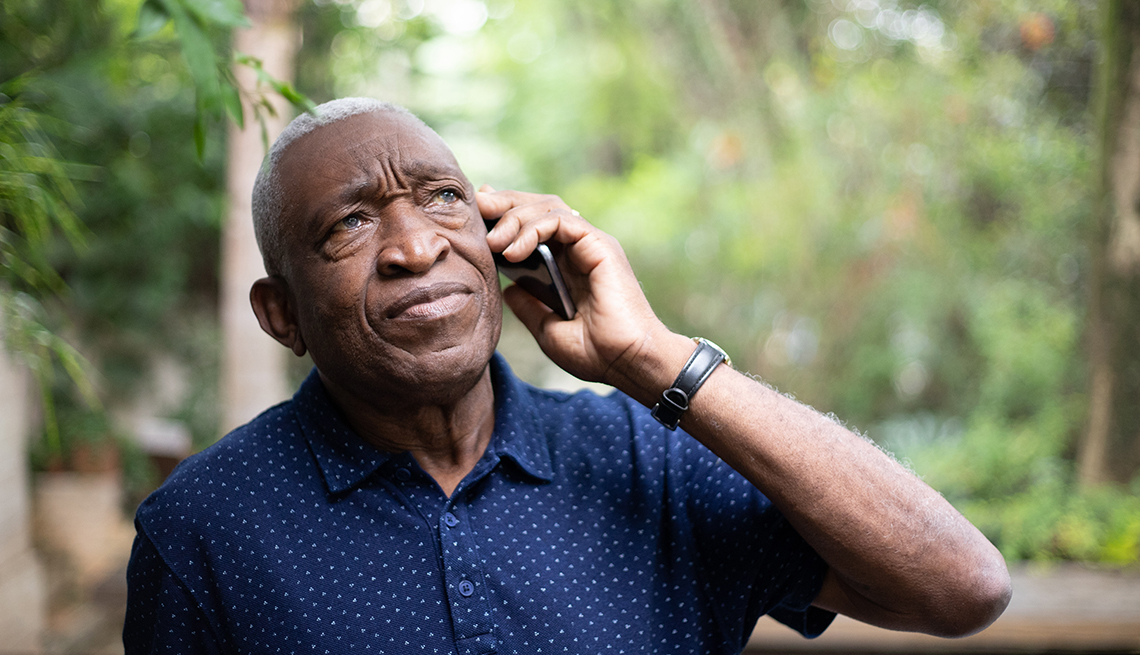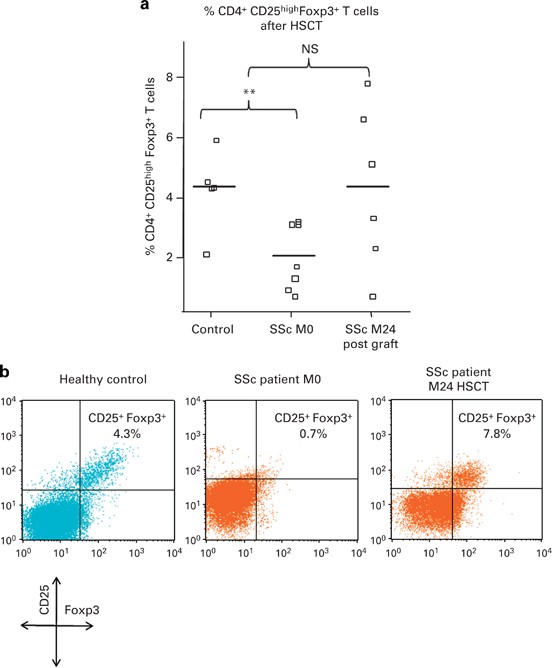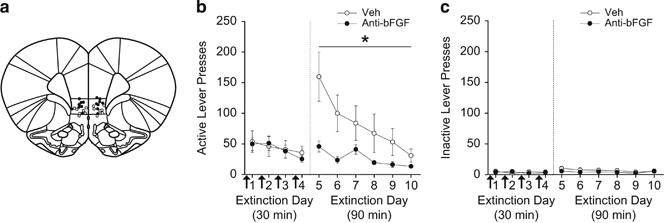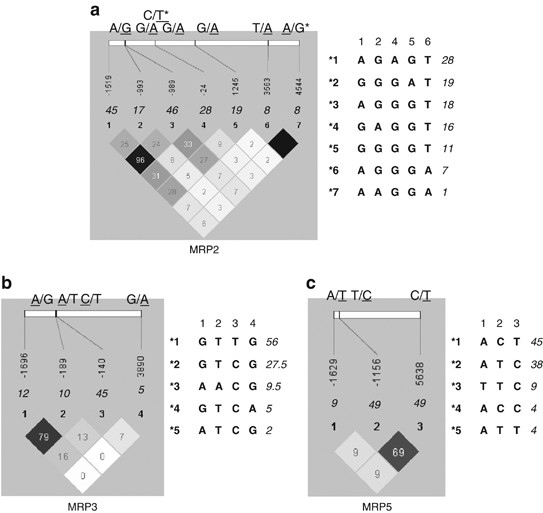
- Select a language for the TTS:
- UK English Female
- UK English Male
- US English Female
- US English Male
- Australian Female
- Australian Male
- Language selected: (auto detect) - EN
Play all audios:
The survey found, for example, that 55 percent of Black adults answer phone calls from someone they don't know. Only 39 percent acknowledged practicing smart cybersecurity by always
varying the passwords they use to access online accounts. Consumers who use the same password for some or all digital accounts — or who always rely on a variation of the same password — are
at greater risk of becoming a fraud victim, the AARP report states. Experts recommend that you create a unique, complex password for every online account because if, say, crooks steal your
Gmail password, then they can't use it to break into accounts such as your online credit card or bank account. SILVER LININGS, BUT THERE'S ROOM FOR IMPROVEMENT Among the good news
is that 62 percent of Black adults use protective software for computer devices. And just 10 percent said they always provide personal information to enter a contest for a prize or gift.
Across all racial and ethnic lines, the same three schemes topped the list in terms of adults being savvy to them: romance, government impostor and lottery scams. Black adults expressed the
least awareness of scams centered on immigration, business coaching, background checks and “green” scams, such as bogus home improvement grants for energy efficiency. The survey showed that
Black consumers could do more to reduce their susceptibility to fraud by using a robocall blocker for their cellphones and landlines and by listing their phone numbers on the National Do Not
Call Registry to decrease unwanted telemarketing calls. Only 39 percent of these respondents have added a landline or mobile number (or both) to the free registry, which is maintained by
the Federal Trade Commission. And a mere 14 percent of Black adults use a password manager, such as LastPass, Keeper, Dashlane or Bitwarden, to store and handle online passwords. LEARN MORE
The survey was conducted from Sept. 14 to Oct. 2, 2020, over landlines, cellphones and online. Two reports emerged from the survey: one pertaining to Black adults age 18 and older and the
other relating to Latinos. _Katherine Skiba covers scams and fraud for AARP. Previously she was a reporter with the _Chicago Tribune_, _U.S. News & World Report_, and the _Milwaukee
Journal Sentinel_. She was a recipient of Harvard University's Nieman Fellowship and is the author of the book _Sister in the Band of Brothers: Embedded with the 101st Airborne in
Iraq_._








